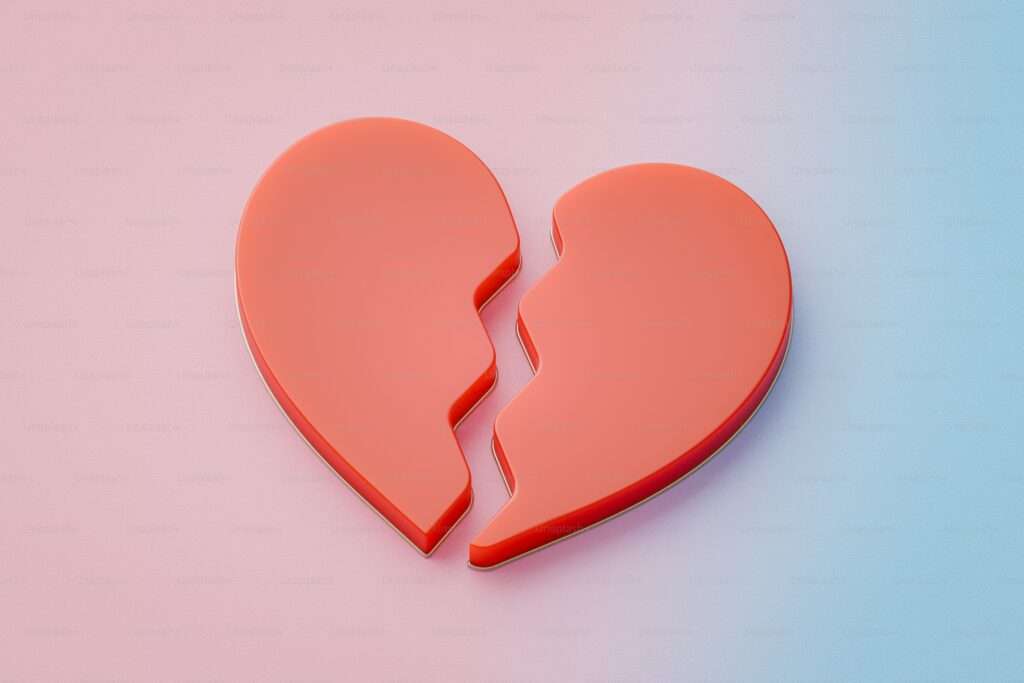How To Practice The No Contact Rule After A Breakup
The No Contact Rule after a breakup is one of the most powerful, misunderstood, and emotionally challenging tools for healing and personal growth.
If you want to “Get Him Running Back to You”, the idea of no contact becomes the very first and most critical piece to understand—not as a trick, but as a principle for healing, regaining self-respect, and resetting emotional boundaries.
So let’s break it down:
What is the no contact rule? Why is it important? And what do you do if they reach out to you during it?
What Is the No Contact Rule?
No contact means exactly that: no calling, texting, liking, viewing stories, commenting, replying, checking in, or driving past their house.
It’s a clean break—for at least 21 days—with no communication between you and your ex.
But more than a “rule,” it’s a principle.
It’s about giving yourself space and time to heal and regain emotional clarity, instead of staying hooked on hope or anxiety.
Why No Contact Matters
Let’s be honest.
After a breakup, especially if you were the one left behind, this is the last thing you want to do.
You’re probably feeling like a zombie, barely getting out of bed, desperate for a fix of hope.
But that’s exactly why no contact is so important. Here’s why:
1. It Gives You Space to Heal
Breakups rarely feel clean.
There’s always lingering communication, unfinished business, or late-night texts.
No contact gives you 21 days to detox from the person and start the healing process.
That wound won’t close if it keeps getting reopened.
2. It Protects You From Impulsive Mistakes
In the emotional chaos right after a breakup, you’re likely to say or do something you’ll regret.
No contact removes the temptation to act out of desperation, guilt, or panic.
3. It Prevents You From Pushing Them Further Away
Pouring out your pain, panic, and desperation onto your ex doesn’t pull them back—it pushes them away.
No contact gives both of you breathing room instead of suffocating the connection with emotional overload.
4. It Creates Mystery & Raises the Stakes
When someone ends a relationship but still hears from you constantly, they don’t feel the loss.
They don’t feel the stakes of their decision.
No contact makes your absence real.
It forces them to sit with the consequence of letting you go.
5. It Reclaims Your Power
Sending a message that says, “I accept your decision, even though I disagree.
I’m moving on,” shows strength—not weakness.
It tells your ex: You can’t have access to me without commitment.
That’s the essence of self-respect.
What If They Reach Out During No Contact?
This is where most people fall off track.
You’re craving hope—and their message feels like a life raft. But here’s the truth:
Unless their message says “I made a mistake. I want to get back together,” it’s just pain—not purpose.
They might be reaching out because:
- They feel guilty.
- They miss you.
- They’re lonely.
Responding to breadcrumb messages gives them emotional relief—at the cost of your own healing.
This is the hardest part.
You’re dying for a sign, a text, a “Hey, I miss you.”
And when you get it, it feels like hope. But here’s the truth:
People who initiate breakups often still feel guilt, doubt, or loneliness.
Their reaching out is often about soothing their pain—not about fixing what they broke.
It’s not a statement of intent.
It’s an emotional breadcrumb.
If you engage, you risk reopening your wound, stalling your healing, and making yourself emotionally available without commitment.
That’s not romantic—it’s reckless with your heart.
Here are your options, depending on what they say:
✅ If They Say: “I made a mistake. I want to talk.”
This is the only type of message that warrants consideration.
Even then, the key is not to jump back in.
You can reply once, briefly and calmly. Example:
“I’m open to a conversation, but I want to be clear — I won’t engage unless this is a real conversation about reconciliation, not just confusion or loneliness.”
Set the tone.
Don’t fall into emotional rabbit holes.
If they’re serious, they’ll step up.
If they were just missing you in the moment, they’ll fade — and you’ll have protected yourself from more pain.
❌ If They Say: “I miss you / I’ve been thinking about you / How are you?”
This is the emotional equivalent of a breadcrumb.
It’s not an act of love.
It’s an act of guilt, confusion, or weakness.
Do not respond.
Or, if you must close the door gently, send something like:
“I need space right now. Unless this is about getting back together, please respect that.”
This isn’t being cold — it’s being self-protective and honoring your healing process.
❌ If They Send a Random or Vague Message
Anything like:
- “Hey”
- “I saw something that reminded me of you”
- “Hope you’re doing okay”
These are just attempts to open the door without walking through it.
Don’t open it.
You deserve more than half-hearted contact.
You deserve a partner who is certain about you — not someone who’s bored at 2 AM.
Final Thoughts
This isn’t about manipulation. It’s about dignity.
- If you’re strong enough to stay in no contact when it’s the last thing you want to do, you’re building character.
- If you can let someone go instead of clinging when they’ve chosen to leave, you’re building emotional muscle.
- If they really want you back, they’ll know where to find you—and they’ll come back with clarity, not confusion.
Until then, don’t let someone who left keep their foot in the door of your life.




